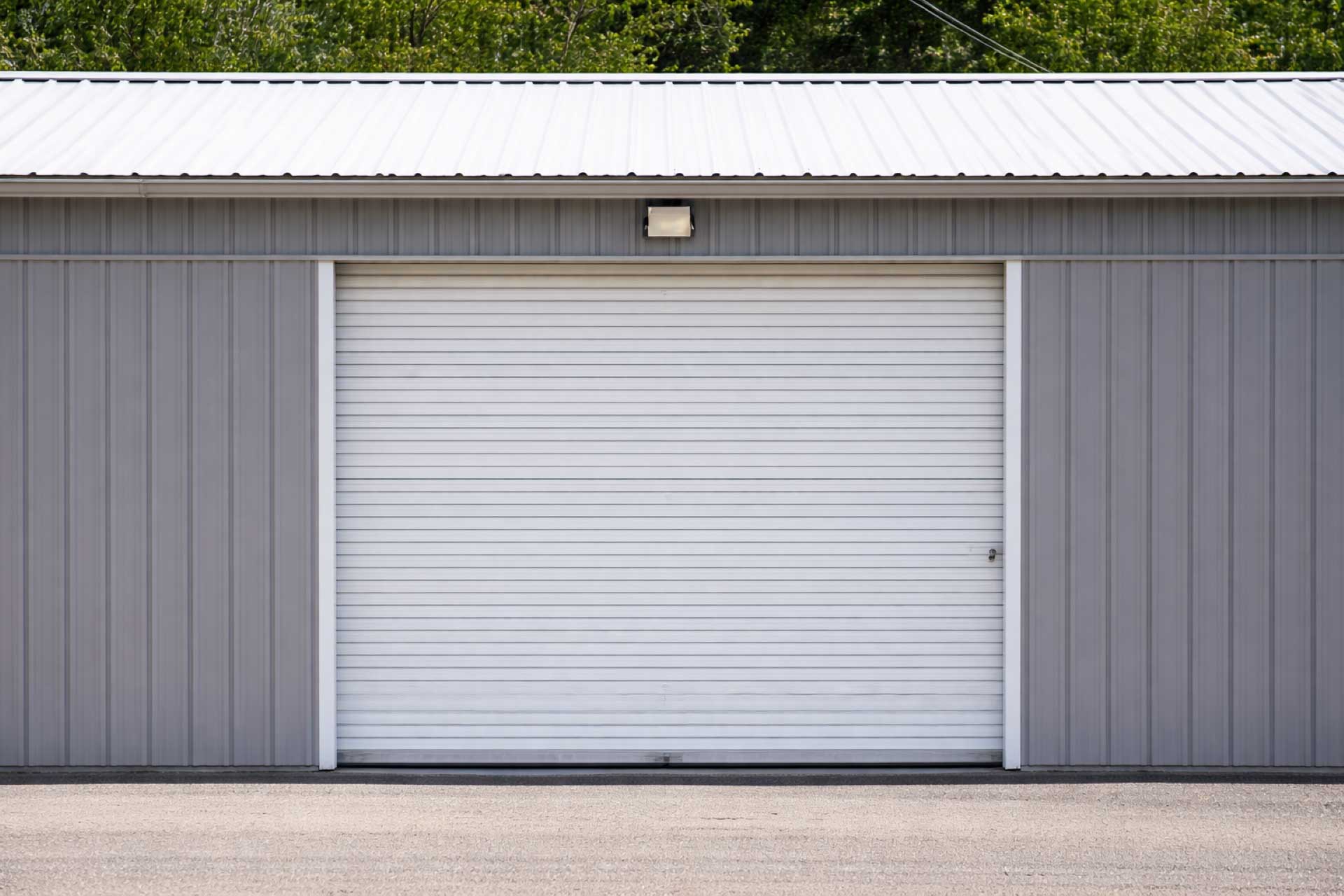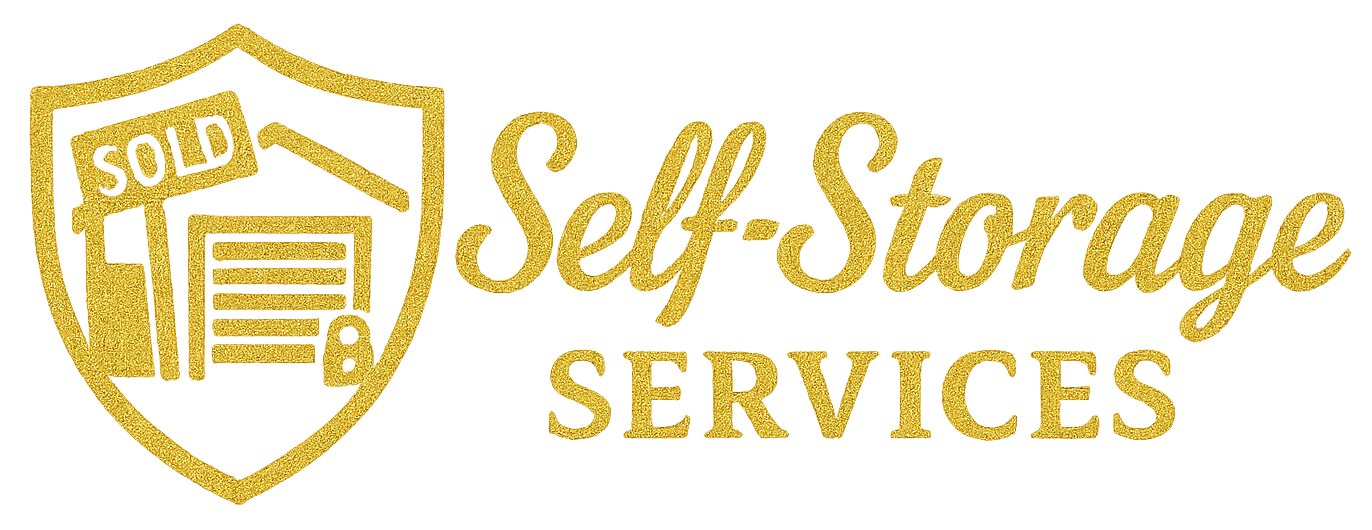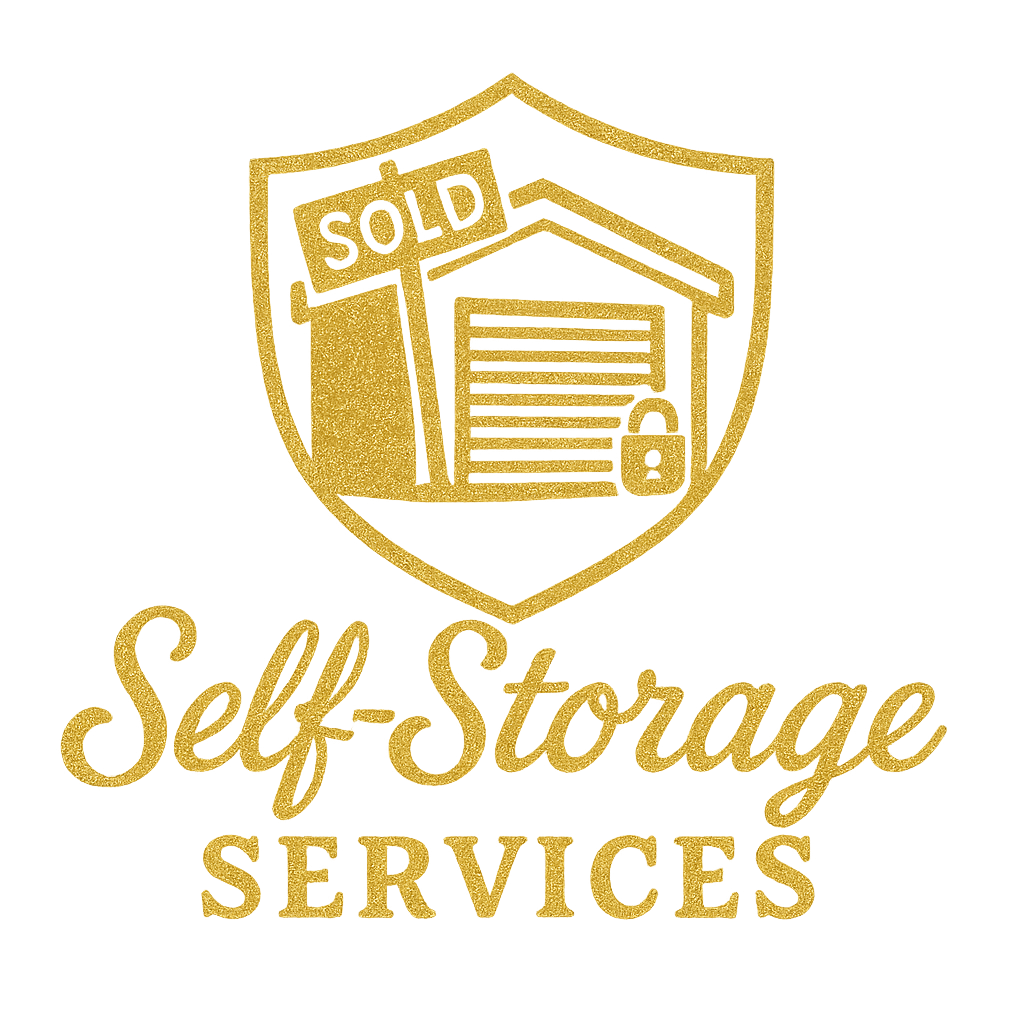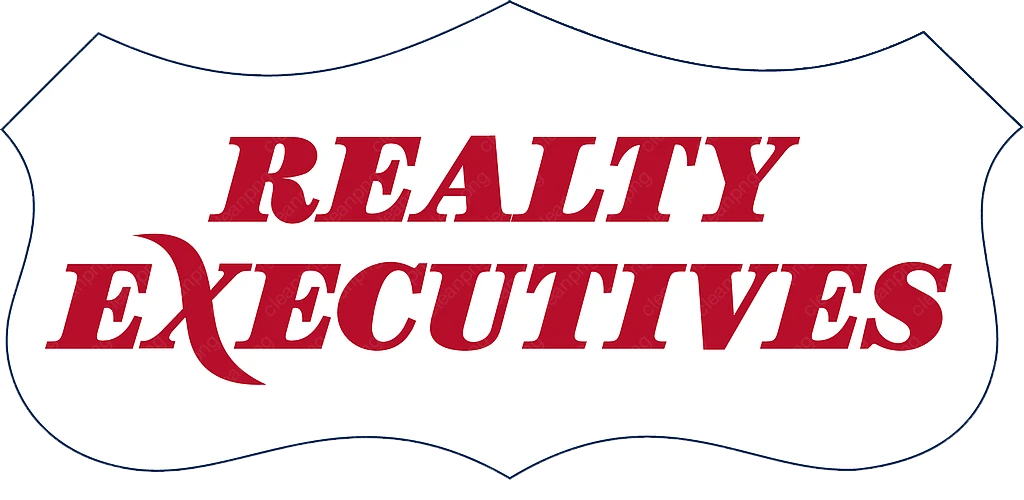
Frequently Asked Questions
Find answers to common questions about acquiring and operating self storage facilities.
Getting Started
How do I begin investing in self storage facilities?
Start by scheduling a consultation with our team to discuss your investment goals, budget, and timeline. We'll help you understand the market, identify opportunities that match your criteria, and guide you through the acquisition process from initial evaluation to closing.
What size facility should I consider?
The ideal facility size depends on your investment capital, experience level, and management capabilities. First-time investors often start with smaller facilities (20,000–40,000 sq ft) while experienced operators may target larger properties (60,000+ sq ft) or multi-facility portfolios. We'll help you determine the right fit.
What information do I need to evaluate a facility?
Key documents include rent rolls, financial statements (3+ years), operating expenses, property tax records, environmental reports, and market analysis. We provide comprehensive due diligence support to help you thoroughly evaluate each opportunity.
Financing & Investment
What financing options are available?
Self storage facilities can be financed through conventional bank loans, SBA loans, CMBS loans, or private financing. Typical down payments range from 20–35% depending on the lender and property. We work with a network of specialized lenders who understand the storage industry.
What returns can I expect?
Self storage facilities typically generate cap rates of 6–10% depending on location, condition, and market dynamics. Well-managed facilities often achieve cash-on-cash returns of 10–15% or higher. Returns vary based on acquisition price, financing terms, and operational efficiency.
Are there partnership opportunities?
Yes, we facilitate partnerships between investors and operators. Common structures include equity partnerships, joint ventures, and syndications. These arrangements allow you to invest in larger facilities or portfolios while sharing expertise and capital requirements.
What are the typical operating expenses?
Operating expenses typically range from 30–40% of gross revenue and include property taxes, insurance, utilities, management fees, maintenance, marketing, and administrative costs. Self storage has lower operating costs compared to most other commercial real estate asset classes.
Due Diligence & Acquisition
How long does the acquisition process take?
From initial offer to closing typically takes 60–90 days. This includes due diligence (30–45 days), financing approval (30–45 days), and closing preparation. Timeline varies based on property complexity, financing requirements, and seller circumstances.
What should I look for during due diligence?
Critical areas include financial verification, physical property inspection, environmental assessment, title review, zoning compliance, market analysis, and competitive positioning. We provide comprehensive due diligence checklists and coordinate with qualified professionals.
Can I inspect the facility before purchasing?
Absolutely. Physical inspections are a critical part of due diligence. We arrange property tours, coordinate with inspectors and engineers, and help you evaluate the facility's condition, deferred maintenance, and capital improvement needs.
Operations & Management
Do I need to manage the facility myself?
No. You can hire professional management companies, retain existing staff, or manage remotely using modern technology. Many investors use third-party management firms that charge 5–8% of gross revenue. We can recommend experienced operators in your market.
What technology is needed to operate a facility?
Modern facilities use property management software for rentals, payments, and customer communication, plus security systems with cameras and electronic gate access. Many systems offer remote management capabilities. We can advise on technology upgrades and implementations.
How do I increase revenue after acquisition?
Common strategies include optimizing rental rates, reducing vacancy, adding revenue streams (truck rentals, retail sales), improving marketing, enhancing curb appeal, and implementing technology. We provide post-acquisition consulting to help maximize your facility's performance.
Market & Strategy
What markets offer the best opportunities?
Strong markets typically feature population growth, limited new supply, high household density, and favorable demographics. We analyze supply-demand dynamics, competitive positioning, and growth trends to identify markets with the best risk-adjusted returns.
Should I buy an existing facility or develop new?
Existing facilities offer immediate cash flow and lower risk, while development can provide higher returns but requires more capital, time, and expertise. Your choice depends on experience level, risk tolerance, and market conditions. We can guide you through both paths.
How do I exit my investment?
Exit strategies include selling to individual investors, institutional buyers, or REITs, refinancing to extract equity, or holding for long-term cash flow. Self storage facilities are highly liquid compared to other commercial real estate. We assist with exit planning and execution.
Still Have Questions?
Our investment specialists are here to help. Reach out to discuss your specific situation and investment goals.


